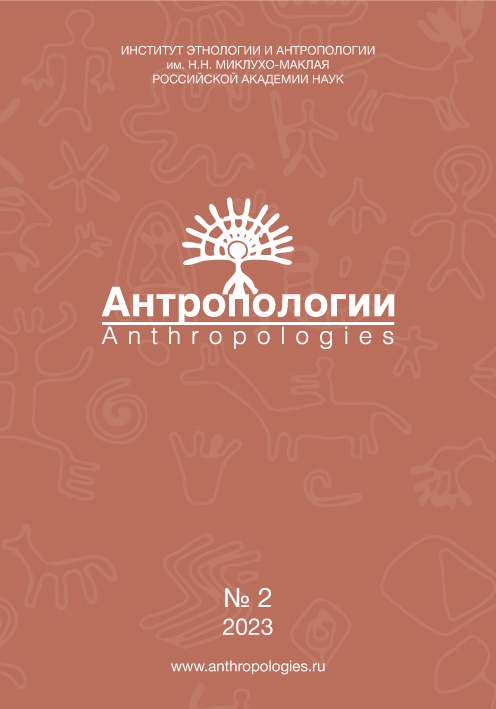Civil life of the West Caucasian mountaineers: the experience of typology
DOI:
https://doi.org/10.33876/2782-3423/2023-2/26-58Keywords:
politogenesis, national assembly (zaucha), congress (zefes), sworn brotherhood (tleuzh), territorial community (psukho), democracy, politeia (πολιτεία), polis, middle class, civil life, elections, solidarity, virtueAbstract
During the second half of the 18th century and the first third of the 19th century in a number of western regions of Circassia, a transition was made from the centuries-old tradition of hierarchical management to a polis-type society. The process of accelerated emancipation, organized by representatives of the upper layer of tfokotls (personally independent peasants), allowed a mass of dependent peasants and migrants from other Circassian territories where the power of the princes remained to become full members of self-governing societies (agrarian poleis). The rapid emancipation and consolidation of the armed «middle class» in new historical conditions reproduced the rise to power of the zeugitai, who formed the hoplite phalanx.
The polis revolution changed the way of life of the mountain masses, bringing them closer to the ancient ideal of civil life — socially and politically active participation in the management of the territorial polity. The adherent, as the Florentine civic humanists defined it, the vivere civile, felt obligated to participate and act in the social structure. The polis-type society was distinguished by a high level of solidarity, in which civic interests were placed above personal ones. Like the ancient Greeks, the West Caucasian highlanders voluntarily bore expenses and performed socially significant functions (liturgy); these were sea expeditions on their ships (trierarchy), diplomatic service (architeory). The ancient Greeks had an analogue of kunachestvo in the form of the so-called proxenia, ritual hospitality-twinning, which cemented relationships at the private level and at the level of poleis. One of the similarities associated with this new state of society is the development of oratory among the commoners. Transformations and new rules of social life and morality among the Circassians were predominantly non-conflict and consensus.
The difference between the Circassian horizontally structured societies from the classical polis was that bifurcated loyalty was introduced here: not only to their territorially organized community («psukho»), but also to a quasi-related association — the so-called «sworn brotherhood» («tleuzh»). Members of such a brotherhood, whose basic level was really connected with extended families, united on the basis of taking an oath, considered themselves a kindred group. These fraternities provided protection (military and legal) not only to peasants, but also to the affiliated noble families. From now on, representatives of noble families acted on an equal footing with the foremen of tfokotls. Thus, Natkhokuadj, Shapsugia and Abadzekhia consisted of polis-like territories, which were governed by popular assemblies and elected judges, and themselves delegated deputies to «tribal» assemblies. The parallel structure was based on the extraterritorial connection and mutual loyalty of «sworn brotherhoods». These intersecting and overlapping networks of trust have created an exceptionally disciplined, conscious and safe society, rapidly eradicating such rooted negative phenomena as robbery, blood feuds, crimes against the person, and the slave trade.


